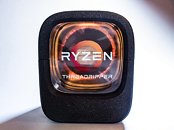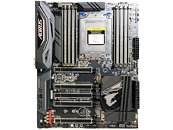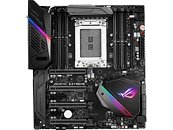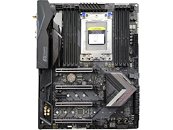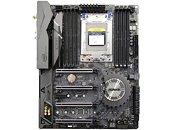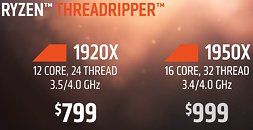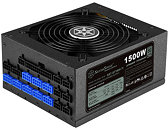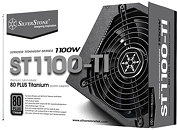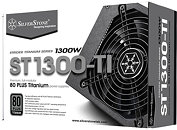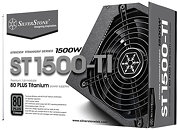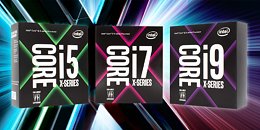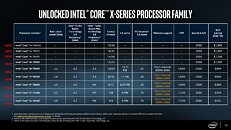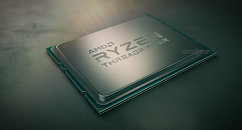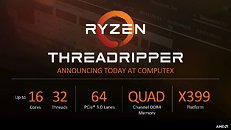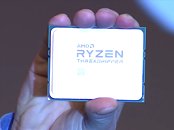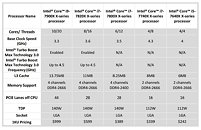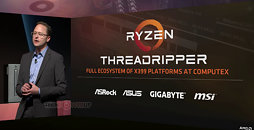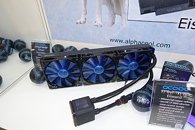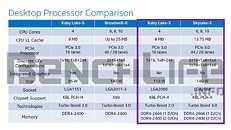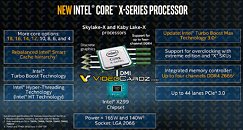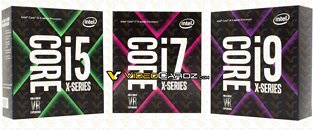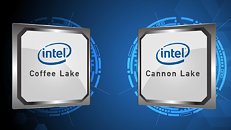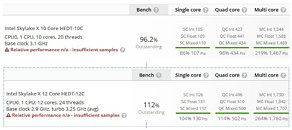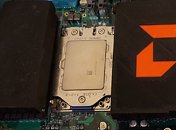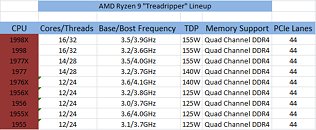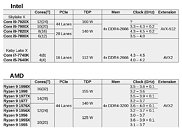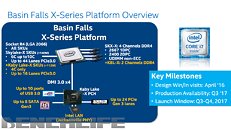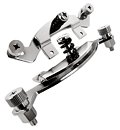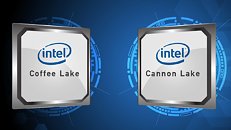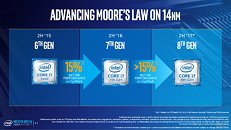
AMD Ryzen Threadripper Retail Packaging Pictured?
AMD CEO Lisa Su, ahead of the company's grand SIGGRAPH event, unveiled what could very well be the retail packaging of the company's upcoming Ryzen Threadripper HEDT processors. There's a good possibility that this isn't the retail packaging, because it looks shaped like an old-school television, and could be a prop AMD is using for its SIGGRAPH booth, or it's a special packaging AMD is reserving for reviewers (the company does that with most of its flagship products).
The rounded cuboid box features a prominent window with a CRT-like convex bulge through which you can look at the large Ryzen Threadripper chip. There's minimal branding or literature on the box itself, which could indicate the presence of an outer cover. AMD is planning to launch its Ryzen Threadripper lineup with two SKUs for the retail (DIY) channel, the 12-core/24-thread Ryzen Threadripper 1920X, and the 16-core/32-thread Ryzen Threadripper 1950X. The two parts will be accompanied by a small but growing selection of compatible socket TR4 motherboards based on the AMD X399 chipset, by industry majors such as ASUS, ASRock, and GIGABYTE. The processor is expected to be available by 9th August.
The rounded cuboid box features a prominent window with a CRT-like convex bulge through which you can look at the large Ryzen Threadripper chip. There's minimal branding or literature on the box itself, which could indicate the presence of an outer cover. AMD is planning to launch its Ryzen Threadripper lineup with two SKUs for the retail (DIY) channel, the 12-core/24-thread Ryzen Threadripper 1920X, and the 16-core/32-thread Ryzen Threadripper 1950X. The two parts will be accompanied by a small but growing selection of compatible socket TR4 motherboards based on the AMD X399 chipset, by industry majors such as ASUS, ASRock, and GIGABYTE. The processor is expected to be available by 9th August.
